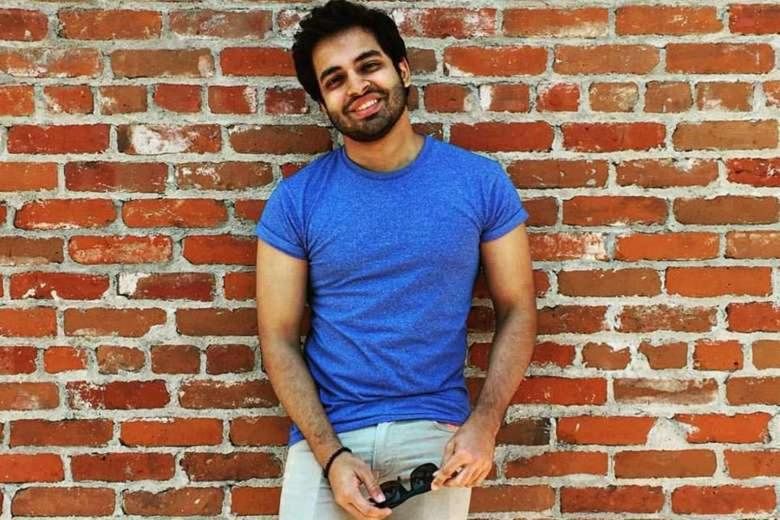When freelance actor Shrey Bhargava, 22, took to Facebook on May 27 to talk about his discomfort at being asked by a casting director to put on a thicker Indian accent during an audition for Jack Neo comedy Ah Boys To Men 4 and to "make it funny", his post generated a maelstrom of responses.
Critics say he was overreacting to being asked to play a role for a comedy, pointing to his other performances in which he had put on an accent.
Others spoke up in his defence, saying his experience in the casting room should not be viewed as an isolated incident. One thing it did was to highlight encounters that minority groups have with "casual racism". Bank manager Daniel Govindan, 29, says this is often experienced as unthinking acts of exclusion by one race over the other.
"Sometimes when I try to order food or take a taxi, people automatically speak to me in Mandarin. These are the things that exclude others that the majority race can get away with, seeing as how most of the population is like them," says Mr Govindan.
Ms Suzanne Tan, 53, who owns an art studio in Bukit Timah, says while there are no aggressive acts of racism in Singapore, prejudice is expressed in a subconscious way. She tells The Sunday Times she has heard parents say they would prefer to send their children to schools with fewer Indian students.
But what perpetuates these stereotypes? Some think that popular culture is to blame.
Undergraduate Darren Goh, 24, says: "We are what we consume. Popular media sets the boundaries of what is acceptable and what is not. So if racism is openly seen in the media, people will take it that it's fine, and will then reproduce the racism."
Research by academic Kenneth Paul Tan, vice-dean of academic affairs at the Lee Kuan Yew School of Public Policy, has indicated that portrayal of ethnic stereotypes in popular culture, such as in film, could have far-reaching effects.
A 2004 book chapter he wrote, titled Ethnic Representation On Singapore Film And Television, pointed out that generally, media representations of ethnicity and stereotypes could be the only sustained encounter that some people will ever have with minority groups.
"If these stereotypes are unpleasant, threatening or degrading, actual face-to-face interaction will almost certainly be discouraged, thereby limiting severely any motivation to discover the real people pushed behind the stereotypes," the chapter notes.
But freelance actor Amesh Kumar, 26, thinks the discussion generated by Mr Bhargava's experience could help unpeg these stereotypes. "Racial tolerance was our first step and now it's time for racial unity. We cannot achieve these things if we do not talk about our differences or our struggles," he says.
"There is so much racial tension in many parts of the world resulting in violence and sometimes even death. I think we have avoided all of that because we don't let our differences separate us, but instead bring us closer together.
"There is still some fine-tuning to be done but if we do it peacefully, we can achieve even greater heights as a society and, who knows, maybe even show the world a direction to pursue."
Audrey Tan and Lim Min Zhang

